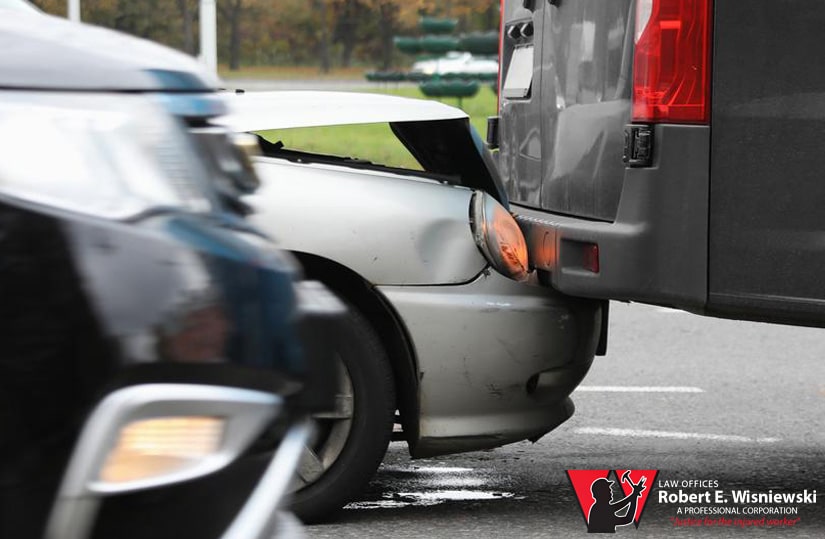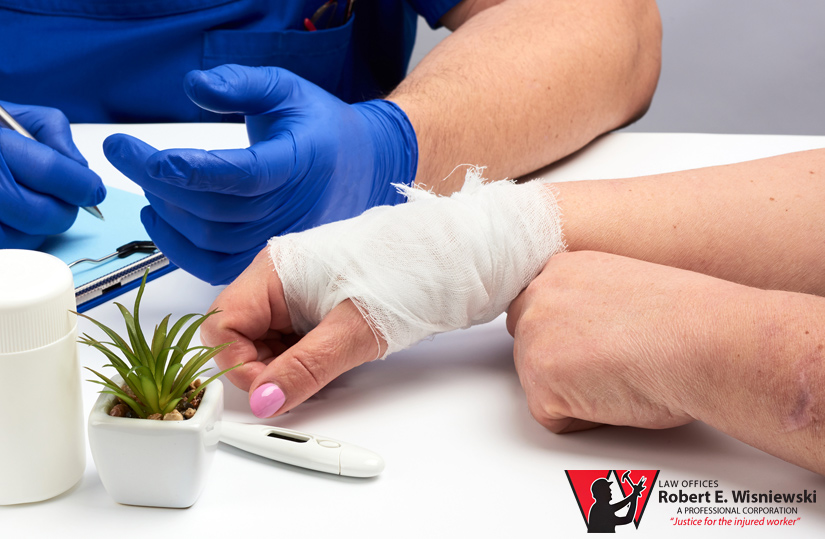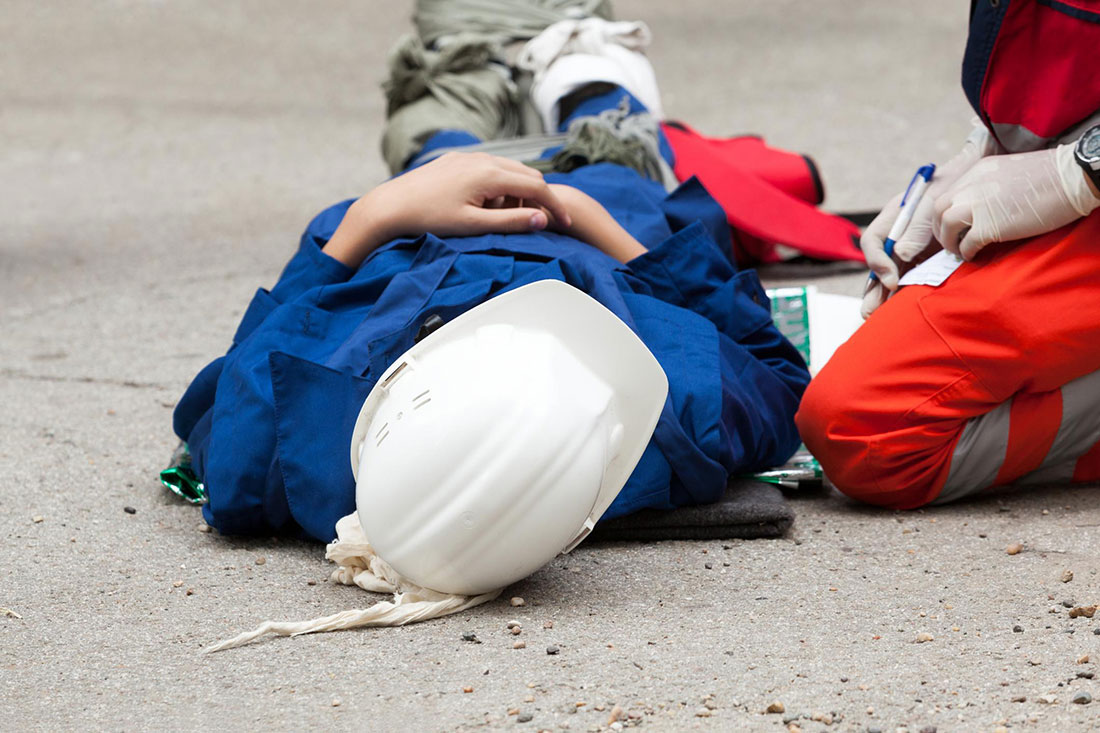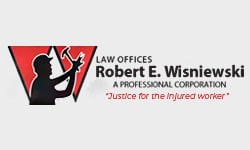Your guide to workers’ comp benefits after a brake check accident at work
When you drive for work, you’re generally expected to be cautious and follow all the rules of the road, which can sometimes cause other drivers to become frustrated, especially in heavy traffic conditions.
Driver frustration can lead to road rage and reckless driving. Brake checking, the act of suddenly applying the brake to intimidate the driver in the vehicle directly behind you, is a common cause of road rage accidents. Not only does brake checking lead to more road rage, but the resulting rear-end accidents can cause severe injuries.
Drivers who engage in brake checking are generally responsible for damage caused by a resulting accident. Fortunately, if you are involved in a work-related brake-check accident in Arizona, you may be eligible for workers’ compensation benefits in addition to compensation through a personal injury lawsuit.
AZ Workers’ Comp vs. Personal Injury: What’s The Difference?
Learn how workers’ compensation claims are different from personal injury claims—for instance, differences in the statute of limitations, damages available, etc.
Common jobs that require driving for work
Most people imagine delivery drivers, commercial truck drivers, and rideshare or taxi drivers when they think of workers whose occupations require driving. However, there are several less-obvious situations in which an employee may be required to drive within the scope of his or her job.
Office workers may be required to drive to run office-related errands during the workday. Workers who are employed by companies that provide home repair services also need to travel between appointments.
Other workers who frequently drive for work include:
Common injuries caused by brake-checking accidents
In a brake-check collision, the vehicle in the rear strikes the car in front of it. Although rear-end car accidents have traditionally been ruled the fault of the rear driver, courts are increasingly ruling against drivers who cause accidents by engaging in brake checking and other aggressive driving behaviors.
The sudden force of these types of crashes often causes the driver in the rear car to experience whiplash. This injury results when the abrupt stop propels the driver’s head forward, and the impact quickly forces their head back toward their headrest.
Whiplash is characterized by pain in the neck, shoulders and upper back, with the possibility of related headaches and jaw pain. The pain is caused by a series of muscle strains and ligament sprains in the neck and shoulder muscles.
Depending on the speed of the involved vehicles and other factors in the accident, brake-check collisions also sometimes cause the following:
- Bruises
- Internal bleeding
- Cuts and abrasions
- Spinal cord injury
As with other accidents, injuries from brake-check accidents often feel worse over time, so it’s imperative that you seek medical attention, even if you don’t initially feel injured after a crash.
Applying for Arizona Workers’ Compensation Benefits
[HOW-TO GUIDE]
Injured at work? Learn everything you need to know about Arizona’s workers’ comp law, eligibility requirements, and how to apply for your benefits.
Eligibility for workers’ comp benefits in work-related car accidents
In Arizona, most businesses that have at least 1 employee are required to carry workers’ compensation insurance to provide medical and wage loss benefits when their employees are injured on the job.
In work-related accidents, the injured employee can typically receive benefits without regard to who is at fault in the accident. That means that in most cases, even if you caused the accident, you’ll still be eligible for workers’ comp benefits as long as they meet the following criteria:
- First, the worker must be classified as an employee. Independent contractors are generally not covered by employers’ workers’ comp programs unless the employer specifically makes an exception to cover contractors.
- The accident must have occurred in the course of the worker’s job and within the scope of the worker’s employment. Therefore, a worker who is injured in an accident while running personal errands during a break is less likely to be covered by workers’ comp. However, an employee who works for a floral company would likely be eligible to receive workers’ comp benefits for an injury caused by an accident that occurred while delivering flowers to one of the company’s clients.
Are Arizona Grocery Store Employees Eligible for Workers’ Comp?
What are some accidents and common injuries suffered by Kroger and other grocery store employees? What rights do injured employees have in Arizona for workers’ compensation?
Types of workers’ compensation benefits in Arizona
Workers’ compensation provides injured workers benefits for the following:
- Medical expenses. Workers’ comp covers all necessary medical expenses, including surgeries, rehabilitation, doctor visits, hospitalizations, medical equipment and medications.
- Lost wages. If your injury prevents you from working, you’re entitled to benefits that cover a portion of your lost wages, which is typically two-thirds of your average weekly wage.
- Death benefits. If an accident causes your death, workers’ comp will pay death benefits to your surviving dependents.
What’s NOT Covered by Workers’ Compensation in Arizona?
Find out which workers may not be eligible for workers’ compensation benefits under Arizona law and what their legal options are if they get hurt on the job.
Other liable parties in a work-related collision
In addition to compensation through a workers’ comp claim, workers who are injured in brake-check accidents may also file a personal injury claim against the party who engaged in brake checking. Arizona courts often consider brake checking to be reckless driving; therefore, victims are more likely to prevail at trial.
An Arizona car accident attorney can help you determine which parties may be liable in your case.
Steps to filing a claim after a work-related car accident in Arizona
If you’re involved in an accident while on the job, take the following steps to receive compensation:
- Seek immediate medical attention. Serious injuries do not always produce pain or other severe symptoms immediately after the accident. Receiving immediate medical attention will allow a medical practitioner to detect injuries early and begin treatment immediately. You will also be able to document your injuries for your potential workers’ comp claim or civil court lawsuit.
- Notify your employer. To start the workers’ comp process, you should notify your employer in writing of your injury as soon as possible. Your employer is then required to notify their workers’ comp insurance company and the Industrial Commission of Arizona of your injury within 10 days.
- File a claim. Next, you must file the necessary paperwork to start your claim with the Industrial Commission of Arizona. These forms must be submitted within 1 year of your injury.
- Contact a lawyer. Although you can file a workers’ comp claim on your own, having a workers’ comp attorney will make the process much smoother and ensure all paperwork is filed on time.
Contact an Arizona workers’ compensation attorney
Workers’ comp cases involving car crashes can be complicated, and unfortunately, legitimate claims are denied every day. An attorney can explain your rights and handle all negotiations with your employer and their insurance company to ensure you get maximum compensation.







